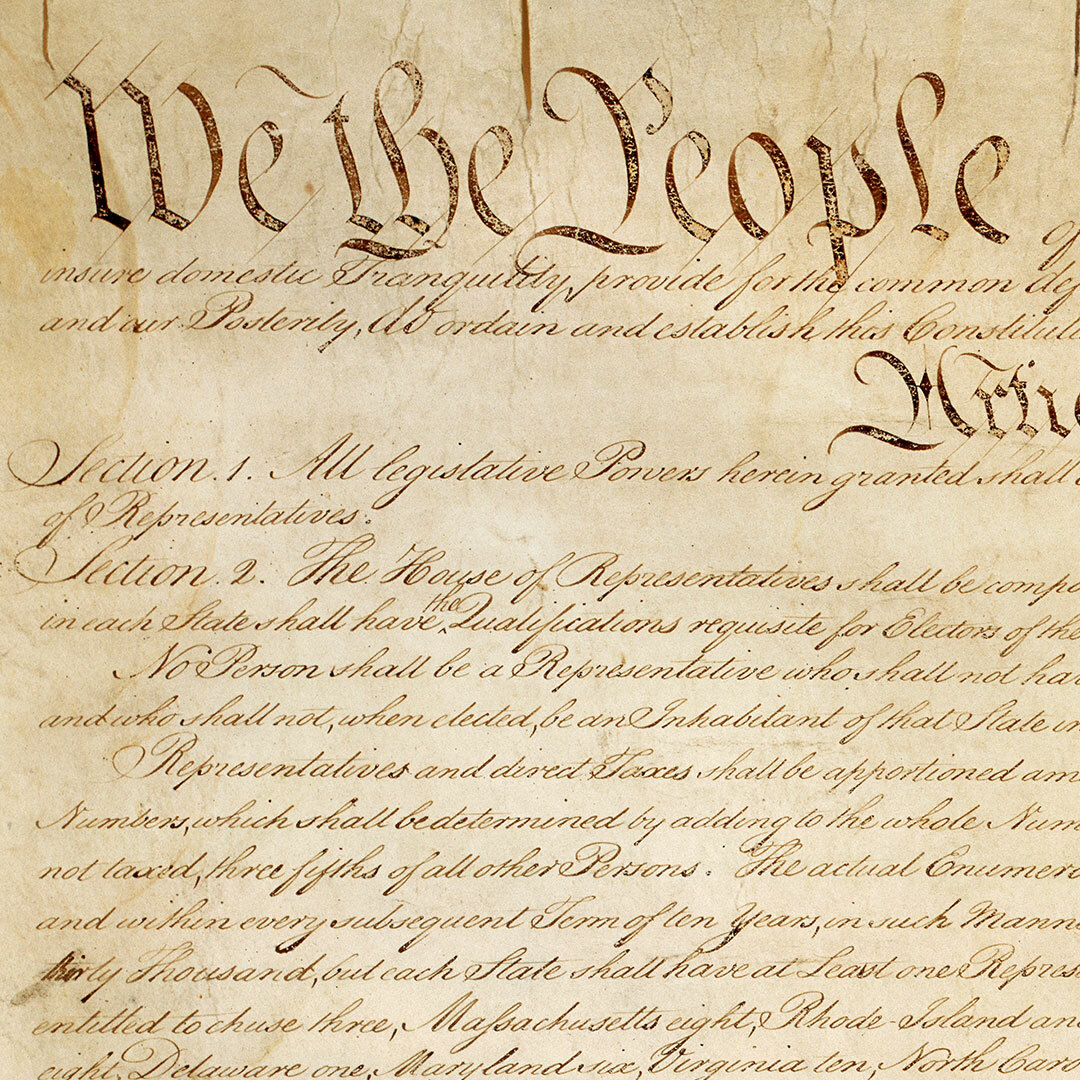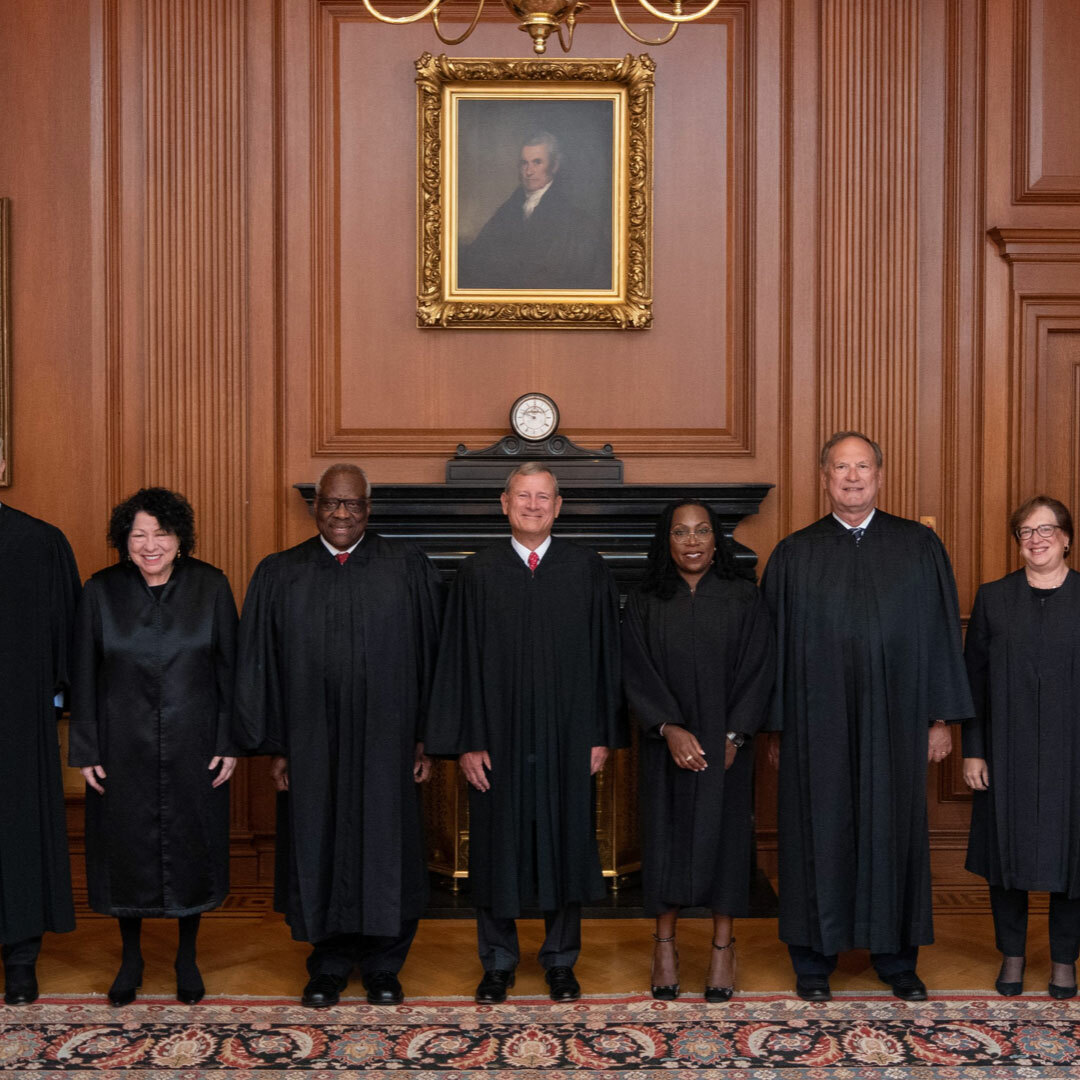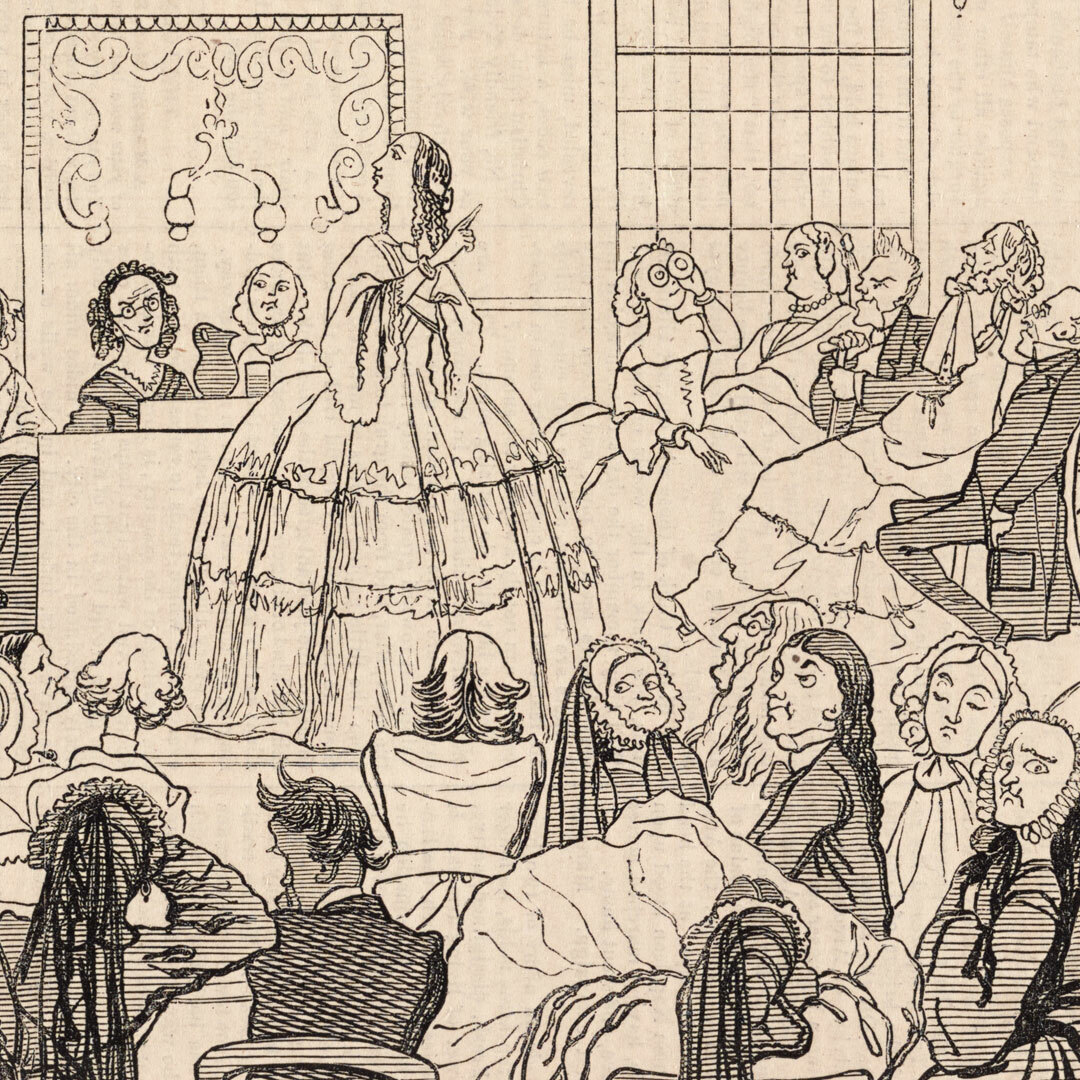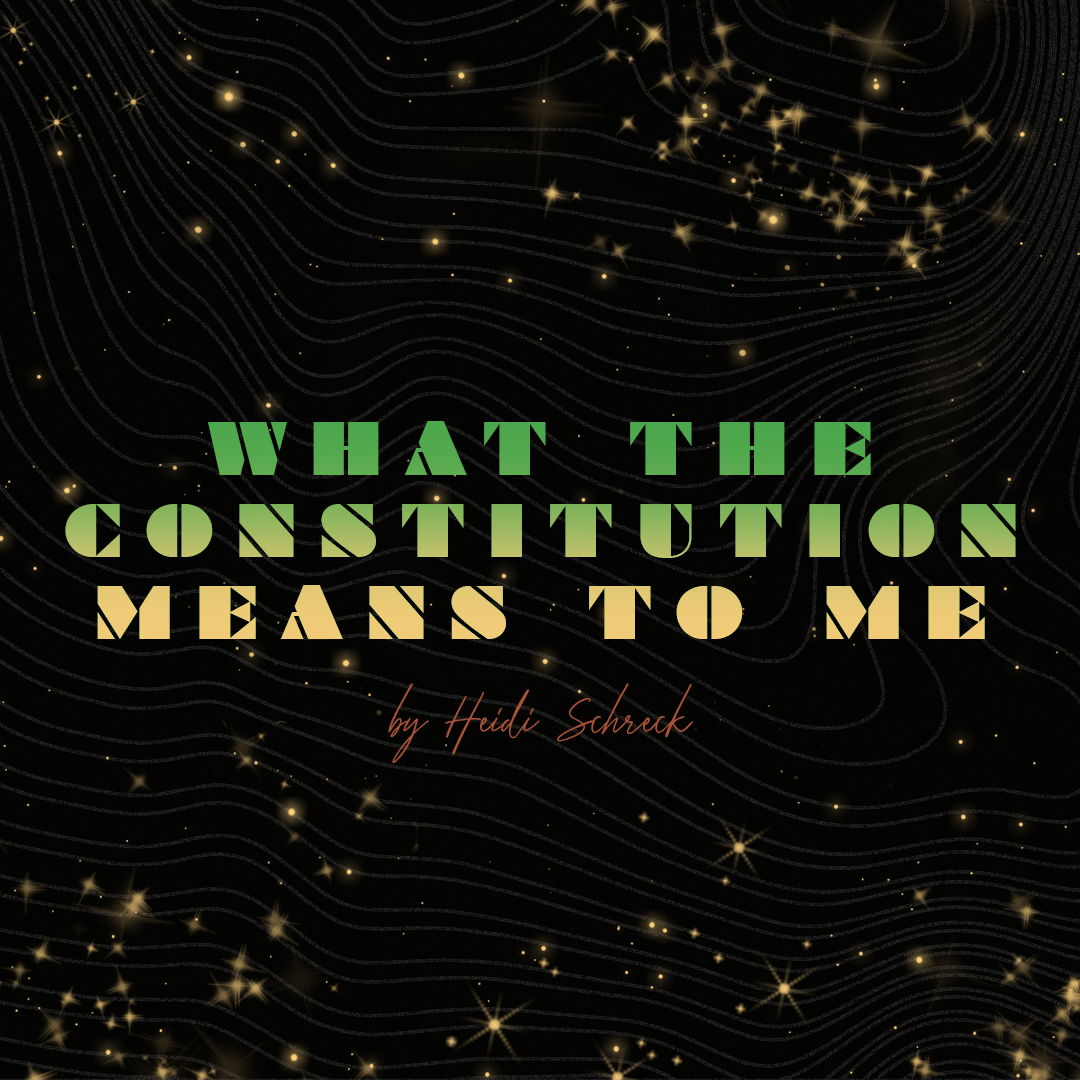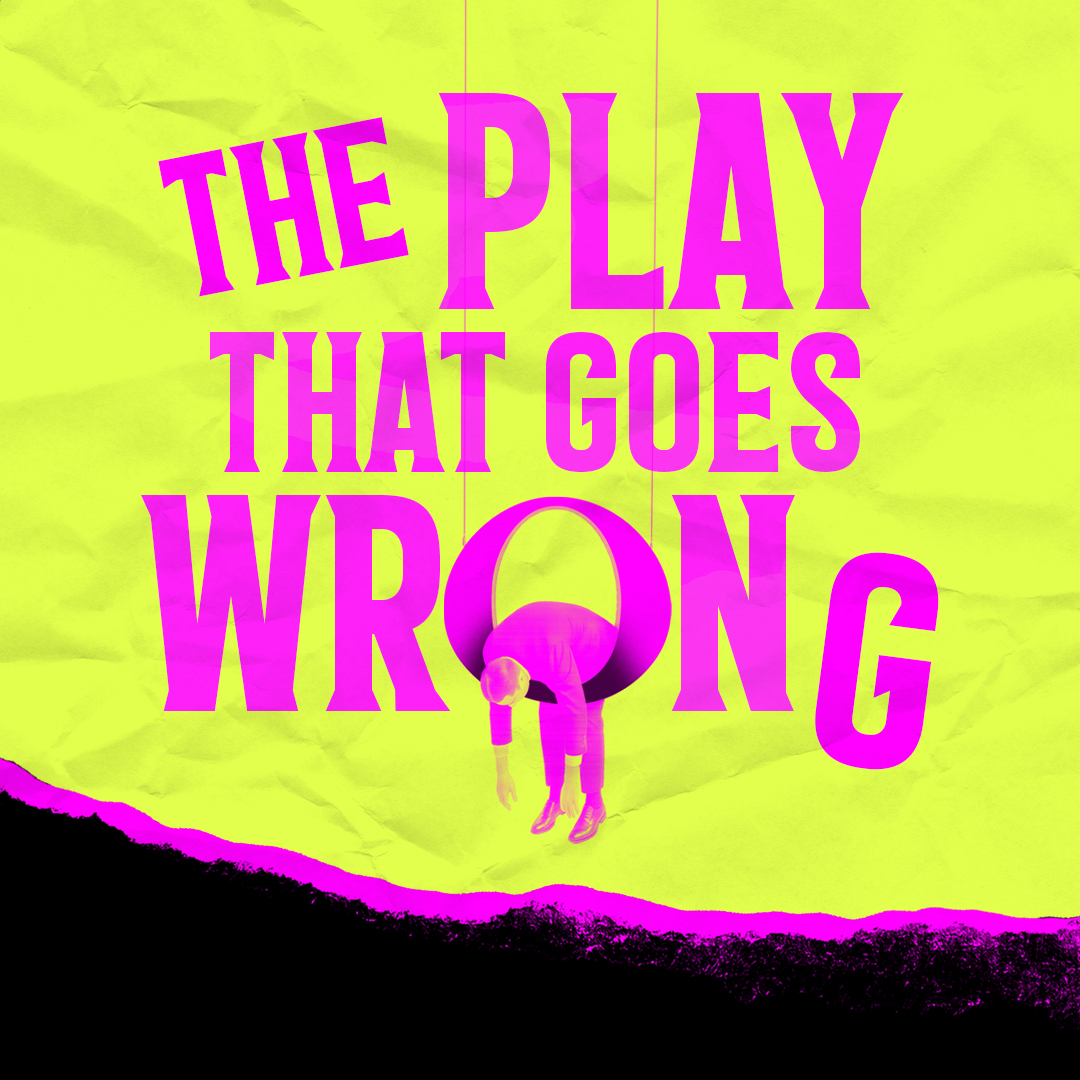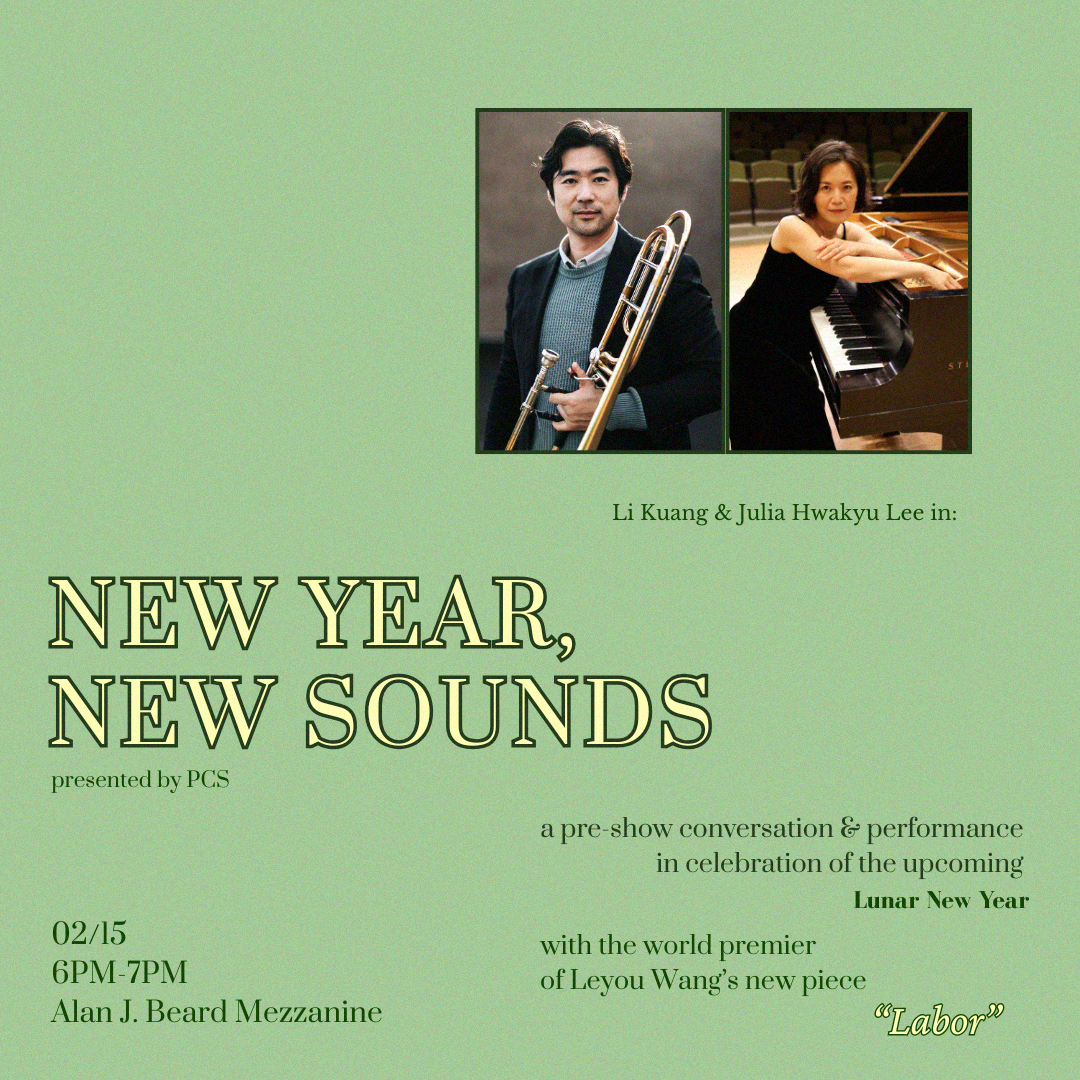Debates
Types of Debate Competitions
Public Forum Debate
Public forum debate is a form of competitive debate which centers on current events and relies on both logic and evidence to construct arguments. The competition consists of 8 speeches and 3 crossfires, with 3 minutes in between each speech to prep. The competition requires opposing teams of 2.
- Constructive Speech: A prewritten speech, also known as a “case”, which includes the debater’s “contentions”, or arguments supporting or opposing the proposition. These contentions are typically supported by quotes, warrants and citations from sources and are 4 minutes in length.
- Crossfire #1: After each side has presented their Constructive Speech, the first speaker asks the second a question and they alternate for 3 minutes.
- Rebuttal Speech: Another round of 4 minute speeches, in which the first speaker presents “answers to” or “blocks” to the second speaker’s Constructive Speech. The second speaker then does the same, but is also responsible for defending their argument against the opposing side’s blocks.
- Crossfire #2: Another round of 3 minute cross examination.
- Summary Speech: The 3 minute summary speech, given by the 2 first speakers, is given to both reinforce arguments and to refute their opponents, as well as to try and tell the judge which points the debate should be judged on. The summary is often referred to as the most important speech. Competitors "weigh" their points in comparison to their opponents to explain why it is more important through the framework of scope, magnitude, prerequisite, etc.)
- Grand Crossfire: The final crossfire, which lasts 3 minutes and includes all 4 speakers.
- Final Focus: The final focus, given by the 2 second speakers, is 2 minutes and is used to explain to the judge why the speaker's team should win the debate. Debaters are not allowed to bring up new material in final focus.
Lincoln-Douglas Debate
Lincoln-Douglas debate is a one-on-one competitive debate, sometimes also called values debate because the format traditionally places a heavy emphasis on logic, ethical values, and philosophy. The Lincoln–Douglas debate format is named for the 1858 Lincoln–Douglas debates between Abraham Lincoln and Stephen A. Douglas, because their debates focused on slavery and the morals, values, and logic behind it. Each debater gets thirteen minutes of total speaking time, and three minutes of question time. The rounds take approximately 45 minutes in total. Each debater receives four to five minutes of preparation time to use between speeches however they like.
- Affirmative Construction: A prewritten case, outlining why the resolution is valid
- Cross Examination: Negative asks Affirmative questions to expose logical flaws
- Preparation Time - Negative: Negative has up to 4 minutes to prepare
- Negative Construction: Typically a prewritten case that then incorporates responses to the Affirmative construction.
- Cross Examination #2: Affirmative questions Negative
- Preparation Time - Affirmative: Affirmative has up to 4 minutes to prepare.
- Affirmative Rebuttal #1: The Affirmative addresses both their opponent's case and their own. This speech is considered by many debaters to be the most difficult speech, as debaters must use 4 minutes to respond to a 7-minute speech, whereas the Negative has 6 minutes to respond to the Affirmative Rebuttal of only 4 minutes.
- Preparation Time - Negative: Negative has the remaining balance on their 4 minutes of preparation time.
- Negative Rebuttal: The Negative addresses the arguments of the previous speech and summarizes the round for the judge. New arguments and evidence are typically frowned upon because the affirmative only has 3 minutes to respond to this speech
- Preparation Time -Affirmative: Affirmative has the remaining balance on their 4 minutes of preparation time.
- Affirmative Rebuttal #2: The Affirmative addresses the arguments of the previous speech and summarizes the round for the judge. No new arguments or evidence are allowed because the negative does not have another speech to answer these final arguments.
Parliamentary Debate
British Parliamentary style is a major form of academic debate that originated in Liverpool in the mid 1800s. British Parliamentary debates consist of four teams, containing two speakers each, which are divided into two sides that speak for and against the motion. Due to the style's origins in British parliamentary procedure, the two sides are called the Government and the Opposition. Similarly, sides are known as benches, consisting of two teams - an opening team and a closing team. Teams compete against all three other teams in the round, including against its own opening or closing team, which it is not expected to help. The order of speeches alternates between the two benches, starting with the first government speaker, until all eight participants have spoken. Speeches are usually either five (high-school level) or seven (university level) minutes in duration.
Parliamentary Debate is also extemporaneous, meaning that teams have 15 minutes to prepare before the start of competition. There are 4 constructive speeches and 2 rebuttals:
- Prime Minister: The Prime Minister has 7 minutes to present their case.
- Leader of the Opposition: The Leader has 8 minutes to refute the Government’s case with point-by-point argumentation and presenting evidence that the Government’s case should not be accepted.
- Member of the Government: MG has 8 minutes to rebuild the Government’s case and refute the Opposition’s rebuttals. They may introduce new evidence at this stage.
- Member of the Opposition: MO has 8 minutes to refute new evidence, advance the position of the Opposition and present new evidence.
- Leader of the Opposition Rebuttal: LO has 4 minutes to summarize the Opposition’s arguments
- Prime Minister Rebuttal: PM has 5 minutes to summarize the Government’s case, rebuild its argument and refute any Opposition claims left to address.
This kind of debate is highly interactive and has several unique characteristics.
- Spreading: Debaters engage in what is called “spreading” — speaking quickly so as to get as much information out in their allotted time as possible.
- Points of Information: During constructive speeches opposing debaters can ask a brief clarifying question but it is up to the person speaking whether they want to take the person’s point. If they do, the questioner has up to 15 seconds to ask their question, but the questioned may interrupt before those 15 seconds are up.
- Points of Order: If a debater breaks one of the House rules, another debater may call out “Point of Order”. The clock is stopped while the called out debater cannot speak, but the Caller explains the infraction. The Speaker of the House rules whether the point is well taken, taken under advisement or not well taken. If a point is well taken, the debater must drop the argument they were making.
- Point of Personal Privilege: If a debater misquotes or misrepresents their opponent’s argument or insults them, their opponent may interject. Like Points of Order, these interjections are judged by The Speaker of the House.
- Heckling/Affirming: Permissible at any time, debaters may heckle their opponent with a “brief, witty, substantive” remark, to which the heckled debater can respond. While constructive speeches are occurring, members of each team may affirm their debaters by clapping, stomping or calling out to them.
Ethics Bowl Debate
Created because critics of debate competitions argued that traditional debate formats encourage, as the philosopher and logician Willard Van Orman Quine put it, “the goal of persuasion above the goal of truth” and that the strength of a good debater “lies not in intellectual curiosity nor in amenability to rational persuasion by others, but in his skill in defending a preconception come what may.” In this form of debate, a team is assigned a question — not a statement or conclusion, as in traditional debate — on a contentious topic, such as “When is the use of military drones morally permissible?” The team then presents and defends whatever conclusion its deliberation has led to. An opposing team and a panel of judges pose questions and raise potential problems, to which the first team responds.
Sometimes the two teams find themselves largely in agreement. When they do, the winner is the team that does the better job of articulating its reasoning, listening and responding to questions, and advancing the collective understanding of the issue at hand.
Judging Debates
The method of awarding points in speech and debate tournaments can vary depending on the tournament and the format of the event. In general, however, points are awarded based on the performance of the speaker or debater in relation to a set of criteria. In individual events, such as public speaking or interpretive reading, points may be awarded based on factors such as the delivery of the speech, the use of body language, the use of vocal variety, the interpretation of the material, and the overall effectiveness of the presentation.
In debate events, points are typically awarded based on the arguments presented by each debater and their ability to effectively articulate and defend their position. Criteria for awarding points in debate may include the quality of the arguments, the use of evidence, the clarity and organization of the argumentation, the ability to effectively refute the opponent's arguments, and the overall persuasiveness of the presentation. In both individual and debate events, points are typically awarded by a panel of judges who have been trained to evaluate the performances according to the set criteria. The scores from the judges are then combined to determine the overall winner of the event.
Portland Center Stage is committed to identifying & interrupting instances of racism & all forms of oppression, through the principles of inclusion, diversity, equity, & accessibility (IDEA).




